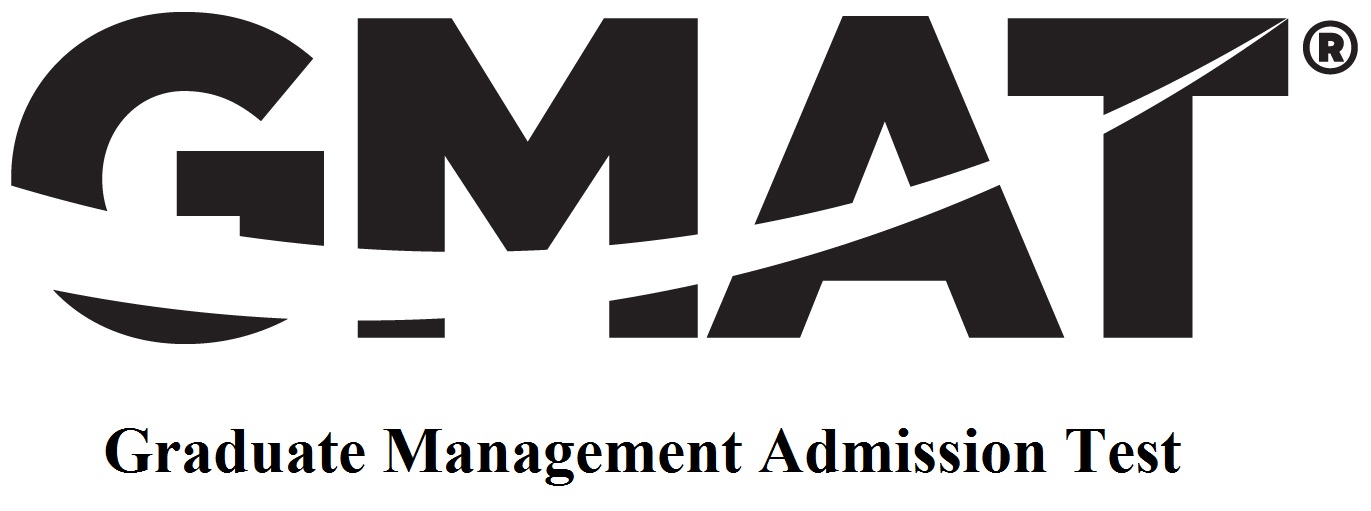Most people hate GMAT, but very few understand its role and importance in MBA admissions.
GMAT is critical when you are applying with a below average GPA. In that case, you need a few post-
college A’s and a high GMAT to show that you have the intellectual ability and self-discipline for a
demanding MBA program.
But you must be feeling that, The GMAT has nothing to do with your ability to achieve something in
business and isn’t/shouldn’t be that important to business schools?
If your undergraduate grades are low, particularly in your junior and senior year, but you have a high
GMAT score, consider taking a few post-college quantitative courses. Many admissions committees
want evidence of your ability to perform academically in quantitative courses. Most top ranked
business schools receive an overwhelming number of applicants with very high scores. Therefore,
the deciding factor becomes your previous academic performance.
A low GMAT can certainly keep you out of business school. Can a high score get you in? Only to a
school that wants to use your GMAT to make itself look good. These schools are usually outside the
top ten. Therefore GMAT plays the most important part, when you are applying in a B School.
GMAT is clearly an important factor in your admission to an MBA program; take it again if you have
scored poorly. Here you have an advantage, that admissions committee will most likely look at your
most recent score for evaluation.
GMAT is only one piece of the puzzle. Strong recommendations, well-written essays, Strong
postgraduate work record (if any), and a decent GPA are the other elements that contribute to the
overall picture of your application.
GMAT scores for the top U.S. schools are tremendously high. Just to let you know, There are 29
whole-time MBA programs in the U.S.
